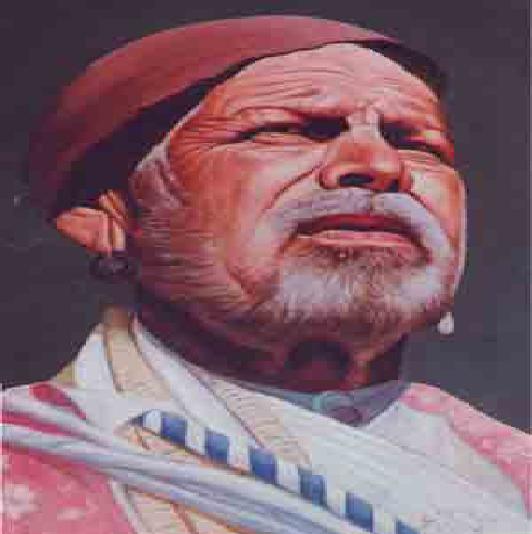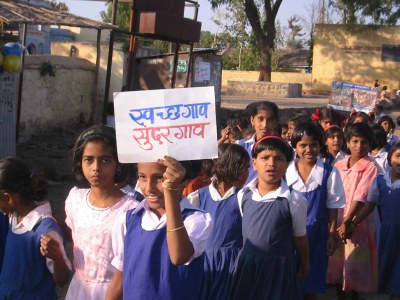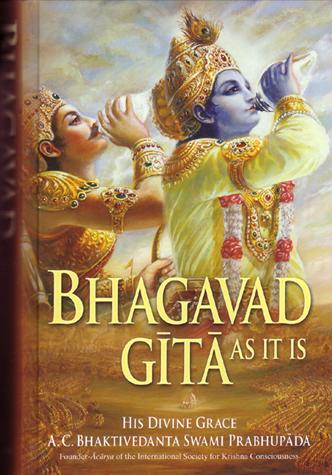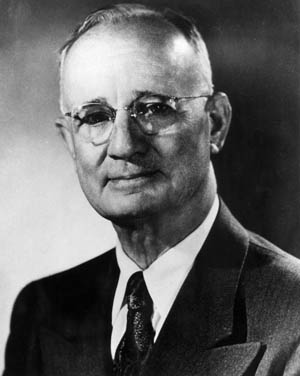Gadge maharaj or gadge baba was a saintly social reformer. His vision for the villages continues to be a source of inspiration for many political parties. He was born on February 23, 1876. Tomorrow i.e. December 20th happens to be his ‘barsi’. He died on this day in 1956.
What was unique with this saintly reformer? He motivated people to stop animal sacrifice as a part of religious rituals. He campaigned against alcohol and drug abuse. However, the most important facet of his reforms was his ‘swachta abhiyan’. He would travel from village to village and encourage them to maintain cleanliness. His influential ways won him a large following.
What is more important is that he inspired villagers to follow “do it yourself mode”. In this, the villagers would not look for outside help- financial or otherwise. They would collect the resources and keep the village clean themselves.
The Government of India has announced National award for sanitation and water in his honour. The abhiyan or campaign does not offer any funds. However, it offers very attractive prizes to the villages who achieve first three ranks. Dressed in attire which invoked attention, Baba carried a broom in his hands. So did his followers. On arrival in any village, he would lead his followers to start cleaning the street briskly. The villagers would do the same enthusiastically. Famously, he would repeat the following words:
“Give food to the hungry, shelter to the needy, clothes to the naked, protection to animal and trees, aid for girls’ marriages. Further, he would say ‘live clean and simple, stop intoxicants and care for the environment’. With these simple words he was able to create large number of admirers. It is heartening to note that 33,000 out of the total of 42,000 villages in Maharashtra have stepped forward to participate in the Gadge Maharaj Swachta Abhiyan. There are good prizes to be won by the villages. Three cash prizes in each district – Rs.5 lakhs , Rs. 3 lakhs and Rs. 2 lakhs. Besides, the best village in the entire state gets a prize of Rs. 25 lakhs. The second gets Rs 15lakhs and the 3rd – Rs 10 lakhs from the chief minister on Maharashtra State on the 1st of May. The villagers can spend the prize money on a project of their choice which benefits the entire village.
The procedure for judging the villages is also very interesting. There are checks and balances in the selection and judging process. In fact, the Criteria for assessment of villages is so elaborate that the judges have to consider as many as 85 criteria.
In fact, it is a lesson for us in the metros and large cities. If residents of cities adopt same ‘do it yourself’ mode our cities would be far more clean.
Thank you for reading.






